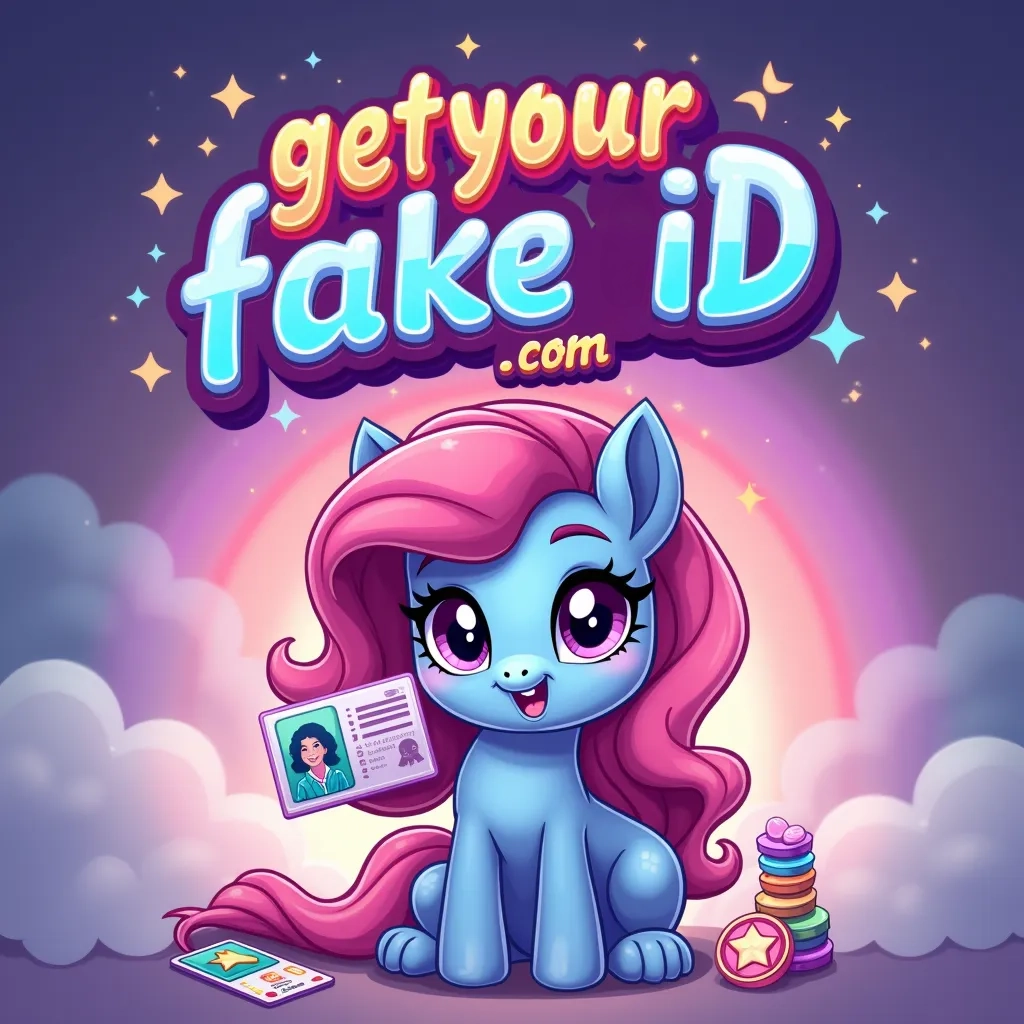A Dive into the Disturbing Ethics of Footloose Fake IDs
In a world where youth are constantly seeking ways to assert their independence, fake IDs have become a popular tool. But what are the ethical implications of this trend? 🤔 Let’s analyze the scenario depicted in the movie Footloose and explore the morality of using fake IDs. 🎬
The Allure of Fake IDs: Freedom or Falsehood? 🍻
In Footloose, the protagonist uses a fake ID to gain access to a bar, symbolizing his rebellion against the conservative norms of his town. 🚀 The allure of fake IDs lies in their promise of instant freedom and the thrill of breaking rules. 🏁 However, this freedom comes at a cost: the normalization of deceit and the erosion of trust in society. 🌍
Ethical Dilemmas: Whose Responsibility is it Anyway? 🙋♂️
When teenagers obtain fake IDs, they often overlook the implications on various stakeholders. 🔄 The seller profits from illegal activities, the bar owner risks losing their license, and the teens jeopardize their future with criminal records. 📜 It’s a tangled web where everyone’s ethics are tested. 🕸️
The Role of Education and Awareness 📚
To combat the pervasive use of fake IDs, it’s crucial to educate young people about the long-term consequences. 🌱 Schools and families should collaborate to create awareness programs that emphasize the legal and moral repercussions of using fake IDs. 👨👩👧👦 Instead of relying on deceit, youth should be encouraged to seek legal and healthy ways to assert their independence. 🌟
Conclusion: Seeking Genuine Freedom 🏞️
While the lure of fake IDs in Footloose reflects a genuine desire for freedom, it’s important to remember that true liberation comes from within. 💪 By fostering a culture of integrity and resilience, we can guide the youth towards healthier, more sustainable paths of self-expression. 🌈 Let’s learn from the scene in Footloose and strive for authenticity in our quest for independence. 🌹
